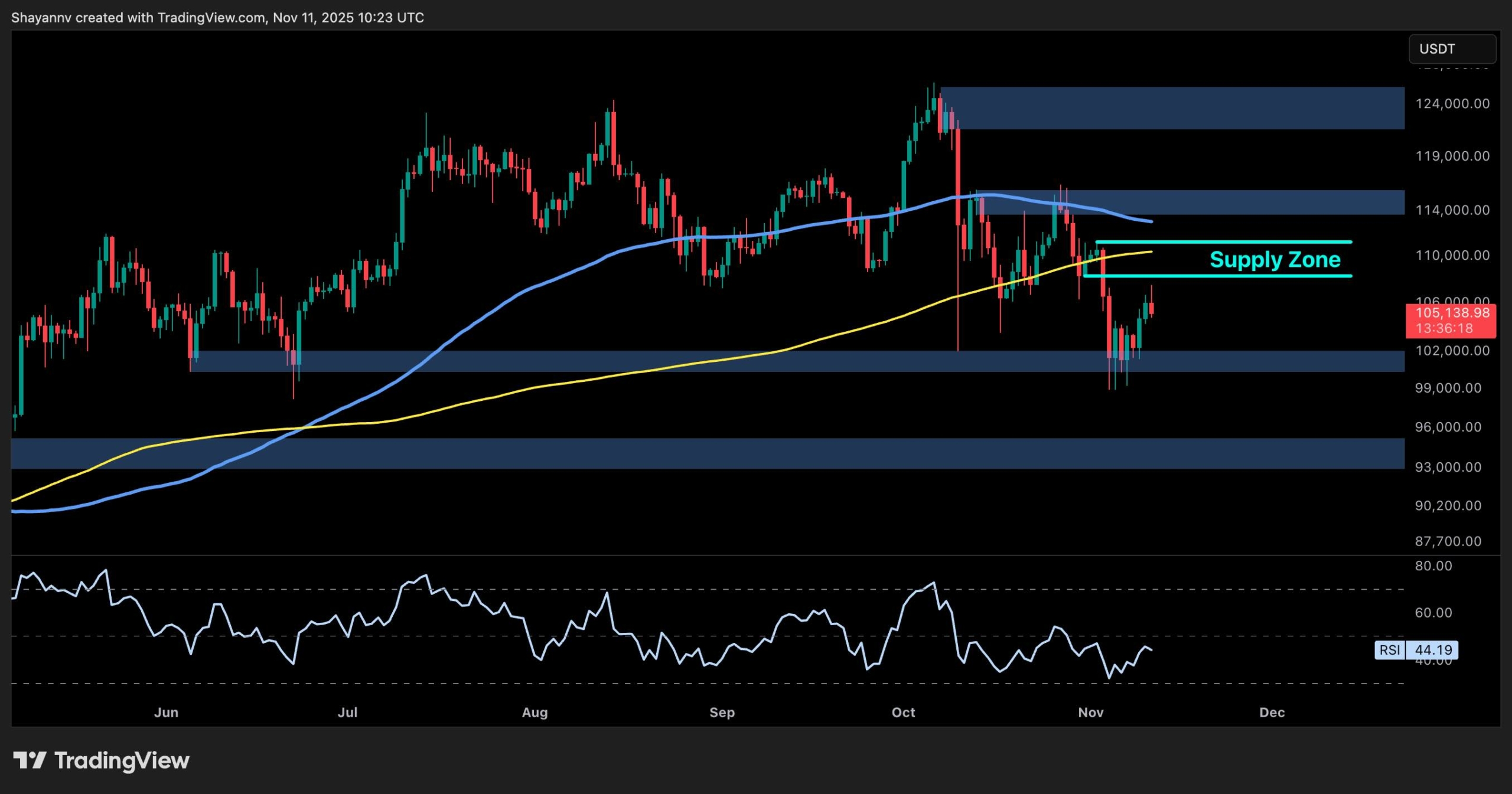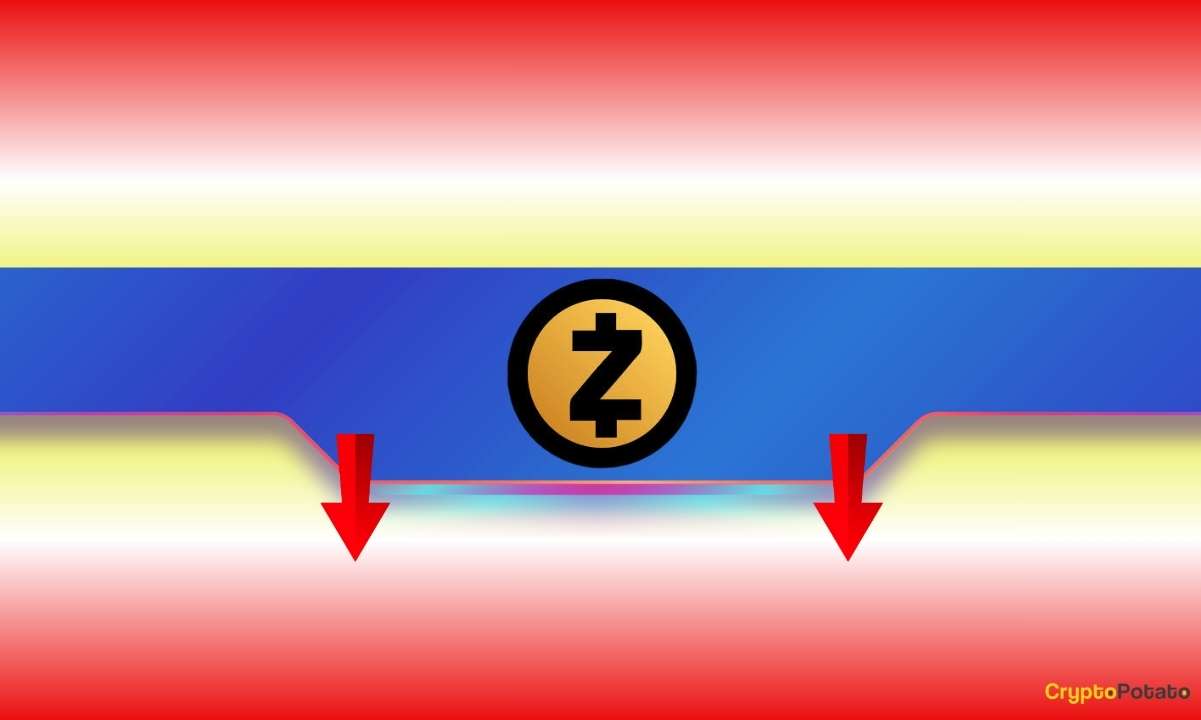Opinion by: Eowyn Chen, CEO of Trust Wallet
The world is changing. Fundamentals that are often taken for granted in the physical world are now becoming unified as the digital age begins. Identity, payments and access are now converging into one single location: a digital wallet.
Wallets are becoming the bedrock layer for access to the modern digital world, just as a passport unlocks physical movement across the globe.
Digital wallets now enable people’s access to identity, money and services through an online economy and grant true digital freedom for anyone, anywhere.
Across the European Union, digital identity regulations are already changing how people prove their identity, how they interact with institutions and how they engage with the physical world. Through the Digital Identity Wallet Regulation, citizens will soon be able to store national IDs, driver’s licenses and health credentials on mobile devices.
Wallets as payment gateways
Alongside state-issued IDs, self-custodial wallets already support Web3 identity. For example, it’s now possible to register and use an Ethereum Name Service Web2-style domain for Web3 (like “alice.eth”) via a decentralized application (DApp) browser. That way, apps recognize you without you needing to share a long wallet address.
This is a clear signal of where things are heading, where a wallet is no longer simply a tool for holding digital assets. Wallets now enable users to conduct cross-border transactions securely, preserving their privacy. Things are changing.
Wallets as identity hubs
New decentralized frameworks for identity are helping to structure the crypto wallets of tomorrow, turning them into secure and verifiable identity containers.
Instead of relying on centralized systems or third parties, digital credentials can now be stored and managed directly within user-controlled wallets. These could include government IDs, educational diplomas and medical records.
The pilot programs can already be seen being rolled out in phases across the world via the EU’s Digital Identity Wallet, including in Germany, France, the Netherlands and Poland. Citizens will soon be able to verify their identity using verifiable credentials stored on their mobile devices.
Technology such as zero-knowledge proofs is being used to authenticate user attributes, like age or residency, without exposing their personal data. By creating user-owned identity with secure and on-demand verification, wallets are becoming digital identity hubs.
This contrasts with traditional models of username-password logins and central databases, which are like night and day. The decentralized method allows users to verify themselves without exposing themselves to additional data honeypots for malicious actors.
Related: CZ-owned Trust Wallet launches tokenized stocks and ETFs
Mobile crypto wallets are already providing users with borderless financial payment tools that support cryptocurrencies, stablecoins and tokenized assets. After reaching a record 36 million active crypto mobile wallet users in Q4 2024, it’s clear that interest in self-custodied payments and digital asset management is growing substantially.
One concrete improvement is gas abstraction, where users can pay supported network fees with tokens they already hold. This reduces the need to juggle a separate “gas token” and makes payments feel closer to Web2.
Peer-to-peer transactions, non-fungible token (NFT) marketplace participation and onchain commerce — these kinds of use cases are expanding in tandem with the growing interest. Unlike traditional financial systems, crypto wallets don’t carry the burden of excessive fees, imposed delays or requiring banking infrastructure intervention in economic activity.
Current payment methods still linger on the rails of the past. They struggle with reach, speed and inclusivity. Digital wallets do not. Instead, what they do offer is a viable solution for users who need the right tools to join the digital age of self-sovereign identity.
Wallets as access passports
Beyond identity and payments, wallets also function as authentication layers for the digital experience. They’re used to prove ownership of assets, gain access to token-gated communities and unlock personalized experiences in gaming, events and commerce.
From exclusive NFT drops to loyalty reward systems and play-to-earn gaming economies, a single wallet can act as an access pass across a wide range of platforms. These use cases are no longer theoretical, as they now exist across multiple platforms, blockchains and protocols.
What enables this shift is interoperability. A single self-custodial wallet can authenticate across hundreds of DApps with one portable identity. Confirmations now feel familiar via biometric unlock on mobile and the browser extension — your keys never leave your device.
A well-designed wallet connects to hundreds of DApps. People can participate in multiple ecosystems with a single identity and asset base. Crypto wallets provide a unified, portable solution for digital participation.
As more services and experiences migrate onchain, wallet authentication is set to replace traditional sign-in models. This isn’t just for crypto-native platforms; it’s for any digital ecosystem that prioritizes transparency, minimizes trust and maintains sovereignty.
Just as a physical passport proves citizenship and enables global movement, digital wallets are becoming the preferred credential for online identity and mobility. Trust, security and usability are the critical design principles that stitch this together and are the principles that will onboard the next billion users.
As decentralized systems continue to evolve, wallets do, too. They’re no longer simply a tool. They’re the foundation of digital freedom.
The future won’t ask for usernames — it will ask for a signature.
Opinion by: Eowyn Chen, CEO of Trust Wallet.
This article is for general information purposes and is not intended to be and should not be taken as legal or investment advice. The views, thoughts, and opinions expressed here are the author’s alone and do not necessarily reflect or represent the views and opinions of Cointelegraph.

 2 hours ago
1
2 hours ago
1
















 English (US) ·
English (US) ·